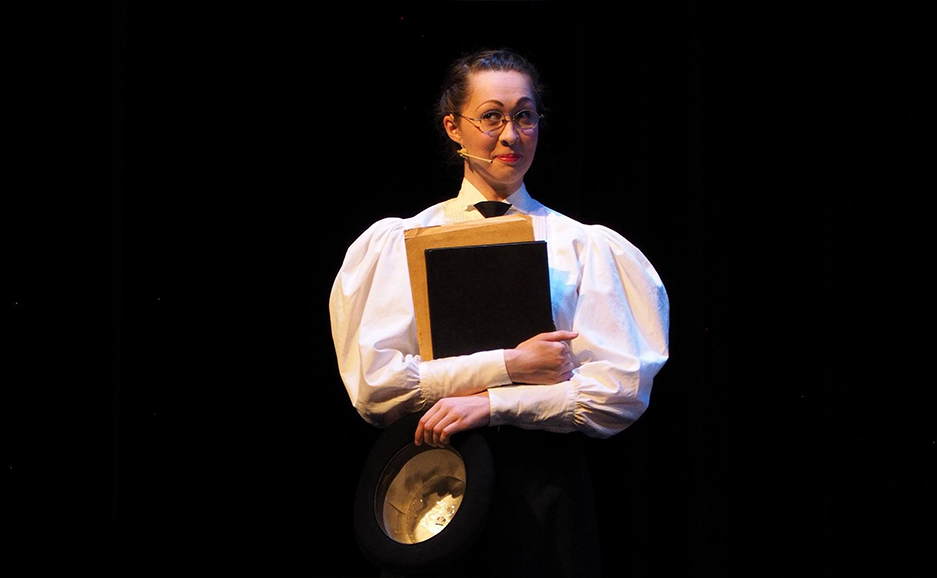Transitioning from concerts to film sets, the nine-time Grammy Award nominee Sia is making her directorial debut with the film Music. The film features the title-character, Music, a child with autism who is looked after by her half-sister, played by Kate Hudson. The film includes musical numbers to present the world through Music’s point of view.
The Music trailer was released Nov. 19, but was slammed online by the autistic community. Madelaine Chaloux, a third-year student at St. Thomas University, has autism, but hasn’t watched the trailer.
“In the autistic community … there were a lot of warnings going around,” said Chaloux. “[They warned] if you had bad over sensory issues like I do, to not watch the trailer.”
Sensory overload is when any of the five senses become stimulated like if a place is too noisy or a room is too crowded. She said sensory overload could lead to panic attacks. Chaloux said people with autism also get overstimulated in positive ways using stim toys like fidget spinners to calm themselves.
Chaloux, 20, is an English major at STU, but her passion is acting. She started acting when she was seven or eight, taking classes at the Capitol Theatre Academy. Since then, she’s appeared in three professional productions, including Oliver and Marry Poppins and STU’s production of Newsies.
She said she struggled growing up with autism, especially when she was a kid. She was bullied for being autistic and had difficulties acting in social situations and processing emotions.
“Communication was hard because sometimes you can’t read emotions. Sometimes, you can’t understand what sarcasm is,” she said.
Chaloux said theatre allows her to be creative and develop her social skills
“It’s a great way for autistic people to put themselves in different scenarios and roles and just kind of play around,” said Chaloux. “Peer-building is another big thing.”


Though she hasn’t watched the trailer, Chaloux has kept up with the news surrounding Music. One of the main issues she had with the film is that Sia received much of her research from Autism Speaks, the largest autism advocacy organization in the United States. Chaloux said this is problematic because the organization was founded on finding a “cure” for autism, a concept that is harmful and ostracizes autistic people.
Another aspect of the film that raised eyebrows was the casting of a neurotypical actress to play an autistic person. Chaloux said she understands directors must find the actor to play the part, but some directors might not consider their internal bias when casting someone.
“You are shutting off these people who are capable of playing these parts,” said Chaloux. “We can perform.”
Amid a whirlwind of backlash online, Sia took to Twitter to respond to angry comments. A tweet questioned the decision of casting a neurotypical actor, to which Sia responded, “Maybe you’re just a bad actor.”
Erica Young, 35, is the executive director for Opal Family Services. Opal offers and develops assistance and services to families with a dependent who has a physical or mental disability in Fredericton. One of its services includes coordinating caregivers.
Opal also advocates to bring more accessibility and inclusion for disabled people in Fredericton. Young said some of these barriers include accessible taxis and lack of sensory needs like areas with strong sounds, smells and crowds like when a store has lights that are too bright or use booming intercoms.
Sobey’s has a time of day where they dim the lights and refrain from using the intercom for a period of time. That way, people with sensory needs can get groceries without worry of triggers.
She said when it comes to films and other forms of media, representation matters. Some of the shows she enjoys that have autistic representation include The Good Doctor and Silence.
“They’re definitely underrepresented in the media,” said Young. “It’s important for people to see people that remind them of themselves.”

